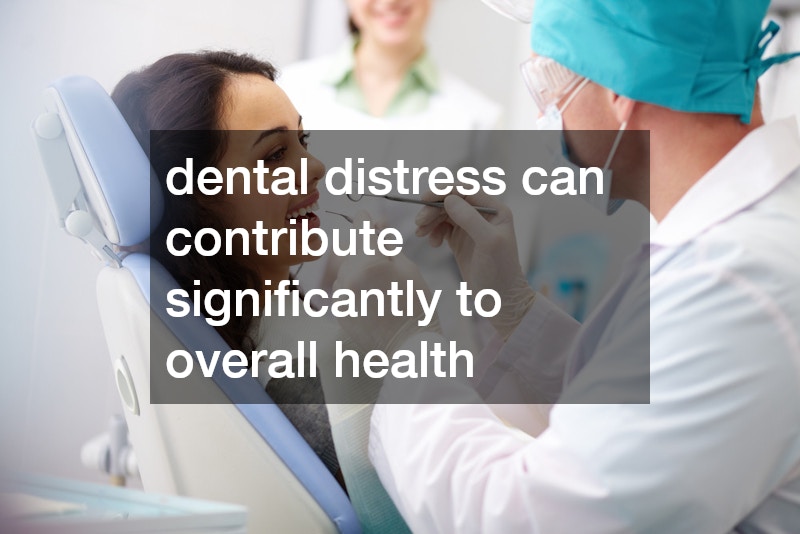
Regular dental check-ups are crucial for maintaining oral health, but sometimes symptoms arise that necessitate a more immediate visit to the dentist. This article will explore three critical signs indicating that a dental appointment is urgently needed, providing insight into common concerns related to these symptoms. Addressing these dental issues early can prevent more severe health problems and promote overall well-being.
What are the warning signs of a serious dental problem?
A toothache that doesn’t subside may signal a serious issue such as decay or infection. Tooth decay occurs when bacteria in your mouth feed on sugars and produce acids that erode the tooth’s enamel, leading to cavities. If the pain persists, it is crucial to seek dental care to prevent further damage and costly treatments.
Ignoring a persistent toothache can result in the infection spreading to other parts of the mouth, necessitating more invasive procedures like root canal therapy. Regular dental visits help in early detection and treatment of cavities, which can save the tooth’s structure and your comfort. The throbbing pain often associated with toothache can disrupt concentration, sleep, and daily activities, indicating the urgency for dental intervention.
Gums that bleed easily could be a sign of gum disease or other underlying issues. Gingivitis, a mild form of gum disease, manifests as red, swollen gum tissues that bleed during brushing or flossing. If left untreated, gingivitis can progress to periodontitis, a more severe condition that can result in tooth loss.
Bleeding gums may also indicate a greater risk of developing other systemic conditions, as inflammation in the mouth can contribute to inflammation in the rest of the body. Consistent oral hygiene and regular dental visits are vital for preventing and controlling gum disease. Ensuring gum health can prevent not only oral complications but also improve overall health and wellness.
Swelling in the mouth or the presence of an abscess typically requires prompt dental attention. An abscess is a pocket of pus caused by a bacterial infection, which can be extremely painful and, if left untreated, lead to serious complications. Swelling often accompanies an abscess, signaling a need for immediate dental evaluation.
Abscesses can occur in various parts of the mouth, affecting the teeth, gums, or even bone structure. It is crucial for dental professionals to accurately diagnose and treat abscesses to prevent the infection from spreading to other areas of the body. Delay in treatment can result in the necessity for more complex procedures and an increased risk of systemic infection.
How can untreated dental issues affect overall health?
Untreated dental issues can lead to infections that may spread beyond the oral cavity. When oral infections are not addressed, pathogens can enter the bloodstream, potentially causing systemic infections. This highlights the critical role of dental health in maintaining the body’s overall resilience against disease.
Oral infections have been linked to other health conditions, such as diabetes, where the body’s ability to heal and fight infections is compromised. By maintaining regular dental hygiene practices and promptly addressing oral health concerns, individuals can lower their risk of extensive health complications. The interconnection between oral health and systemic health underscores the importance of taking oral infections seriously.
Maintaining optimal oral hygiene is essential for safeguarding cardiovascular health and reducing the incidence of related diseases. Preventative dental care and the early treatment of gum disease can lower inflammation and the possibility of plaque formation. This connection emphasizes the need for integrating oral health into overall health strategies.
Ignoring dental problems can lead to persistent pain and discomfort, affecting daily life. Chronic dental issues can interfere with eating, speaking, sleeping, and focusing on day-to-day tasks. Ongoing discomfort can manifest as headaches, jaw pain, or even neck and ear aches.
When should you escalate a dental issue to an emergency visit?
If the pain becomes unbearable and impacts daily activities, emergency dental care may be needed. Intense oral pain can signal severe problems such as advanced decay, infection, or other structural damage to the tooth. Emergency interventions can provide relief and preserve oral structures from further harm.
Immediate action is critical for saving a tooth and avoiding further complications. A broken or knocked-out tooth requires prompt dental intervention to prevent infection and preserve oral functionality. Timely treatment can dramatically increase the likelihood of successful tooth reimplantation or repair.
When a tooth is damaged, the risk of infection and additional oral trauma increases significantly. Contacting a dentist quickly provides the best chances for recovery and preserving dental aesthetics. Fast-acting measures can safeguard teeth against more intrusive procedures and support oral health.
Symptoms such as fever, swelling, or pus indicate an urgent need for professional care. An untreated infection in the oral cavity can escalate rapidly, posing risks to general health. Emergency dental evaluation helps identify the source of the infection and determine the appropriate treatment plan.
Vigilance in recognizing the signs of dental distress can contribute significantly to overall health and well-being. Prompt attention to these issues by a dental professional can prevent more severe health complications and maintain optimal oral health. Prioritizing regular dental check-ups and timely addressing of critical symptoms plays an essential role in sustaining a healthy lifestyle.
.


